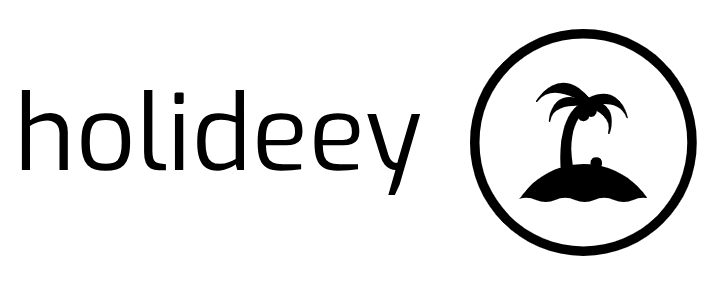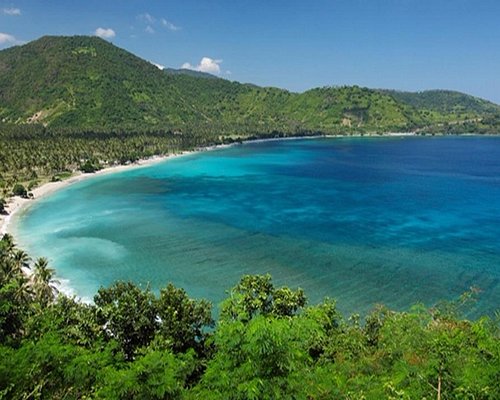Psyche Marketing: Using Elements of Color in Graphic Design

Nobody just realizes how much hues convert your traffic into real clients. Colors in graphic design affect the moods of your prospects, it sets the personality of the company, and most of all, it strikes the biggest impression about your services or products.
Yes, even computer-made images and layouts are no exception in the psychological effects generated by colors. A plethora of books has already been written about shades, yet, it still amazes people how these visual signals create real emotions and ambiance to all humans.
The fact is that it takes years to master the use of colors to generate the impact you want. But if you wanted to have the basic knowledge on what hues will suit a certain company web layout, read on:
1. Red
I hate sounding like a proverbial broken record, but as everybody has said, red is for love, aggression, hunger, and passion. If your product is related to the said feelings, then the vibrant hue will suit you best. Red will often be used as a theme for fast food chains, advocacy sites, flower shops, surplus, and car dealers.
2. Blue
The cool detachment of blue can be used effectively in corporate sites, for it is associated with professionalism, loyalty, and truthfulness. Most working environment is accented with this hue because it invokes the mind to think clearly and act cautiously. Another good use of blue is for religious institutions whose core values are peace and spirituality.
3. Yellow
As most people know, yellow will make you smile and feel sunny. It stimulates creativity, intelligence, and positive aura. That’s why it is most preferred by feel-good sites, artistic groups, and some humor sites. Some experiment on yellow as a color in graphic design to brighten up a dull space, like those who design sites in black and accent it with yellow gold.
4. Purple
Purple is about elegance, mystery, and sophistication. However, too much or inappropriate use of this shade may create an impression of arrogance and artificiality. This sleek hue is often used for recreational and beauty centers such as spas and cosmetic stores.
5. Green
Green relaxes the eyes and soothes the mind. That’s why it is associated with healing, protection, and nature. This reserved and masculine tone is mostly used in healing centers, clinics, pharmacy, and natural and herbal products. The best thing about green is its ability to calm and relieve, even before they avail your product or services.
6. Orange
Orange is for dynamic energy, adventure, and sociability. If your business concerns adventure or communication, you’re a legit establishment to use orange. However, beware of using orange because it might signal your audience deceitfulness and low quality if used inappropriately.
7. Black
Black is the tint of class and authority. It projects a dignified and sophisticated personality in an establishment. Most well-known brands and luxurious products are into this dark shade. On the other hand, black must never be used for industries concerning communications and leisure because its cold detachment will contradict the purpose of the business.
8. White
White is the default of all hues. When used as a background, it will project a clean, focused feel on any visual communication. White signifies the purity of ideas, innocence, and sometimes, blankness. If used appropriately, this color in graphic design will impress a comforting feel of orderliness, purity and openness. However, beware that it might make the layout look boring for incongruous industries like fitness and leisure.

